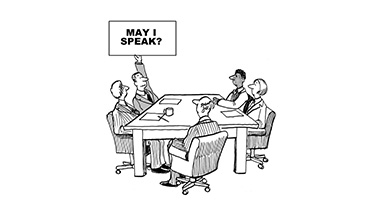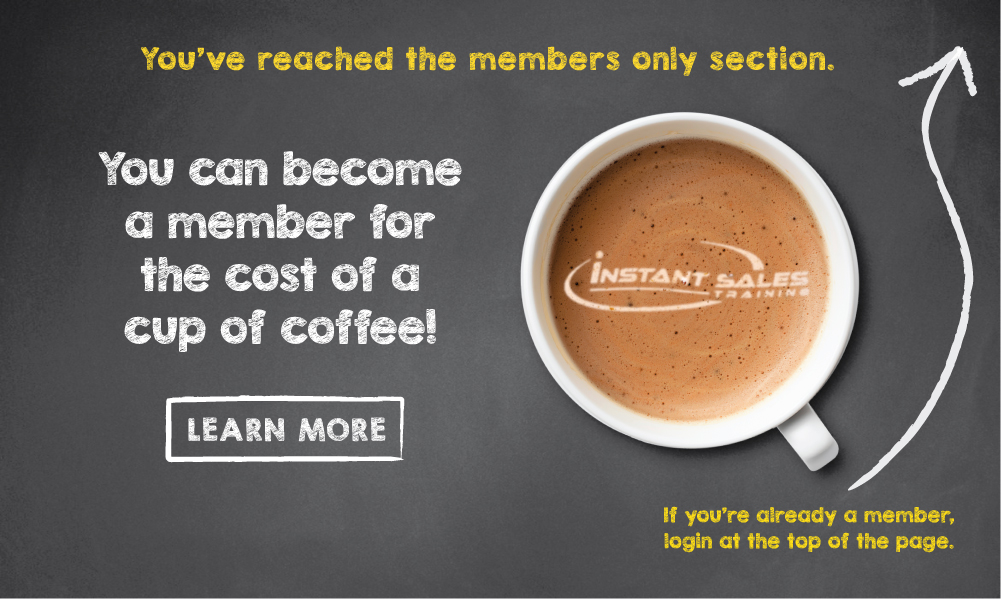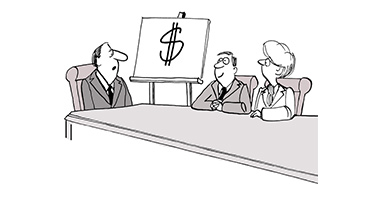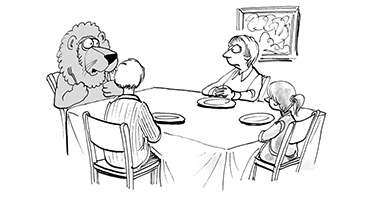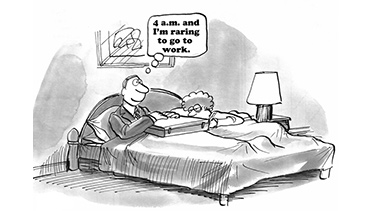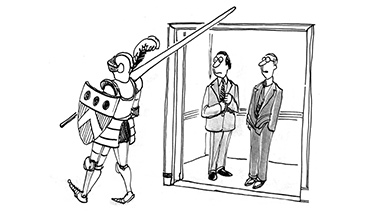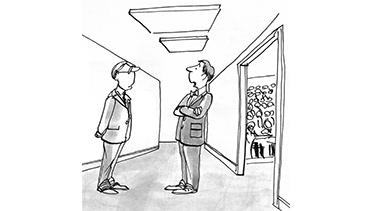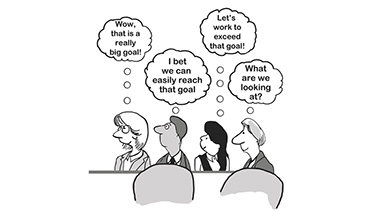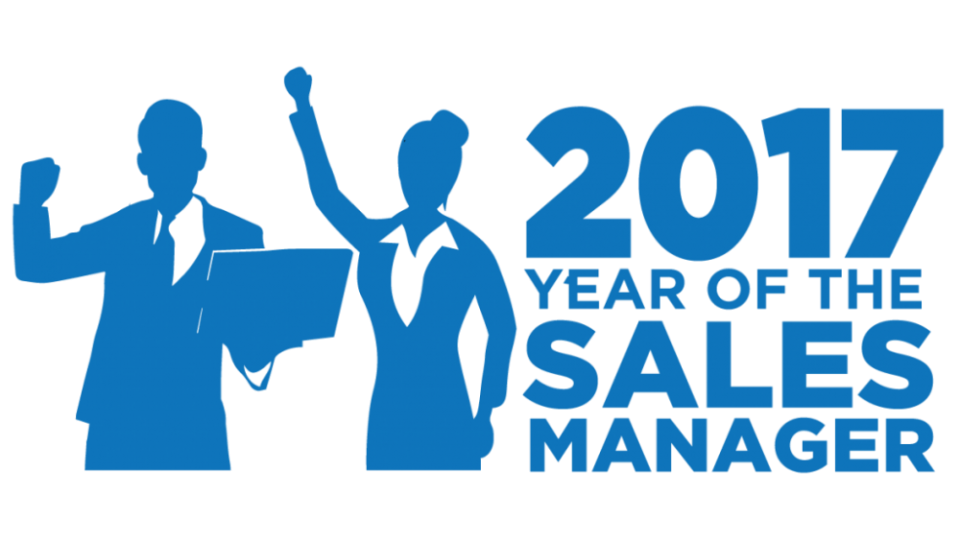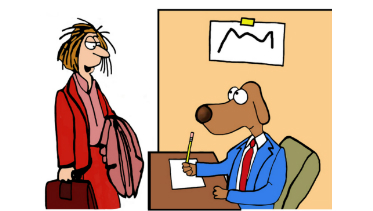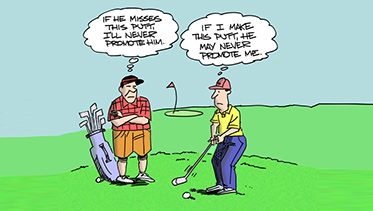Chris Lytle has conducted nearly 2300 seminars throughout the English-speaking world. A gifted speaker and the best-selling author of The Accidental Salesperson, Chris has inspired hundreds of thousands of salespeople. He posts a fresh new audio sales idea on this website every week. You can grab a free sample here. Email it to your sales team. They can get world-class sales training on their smart phones.


